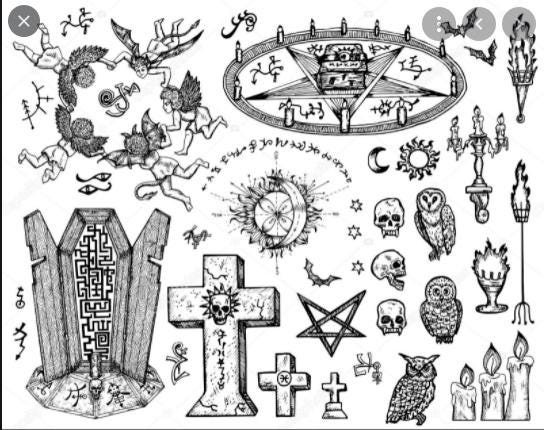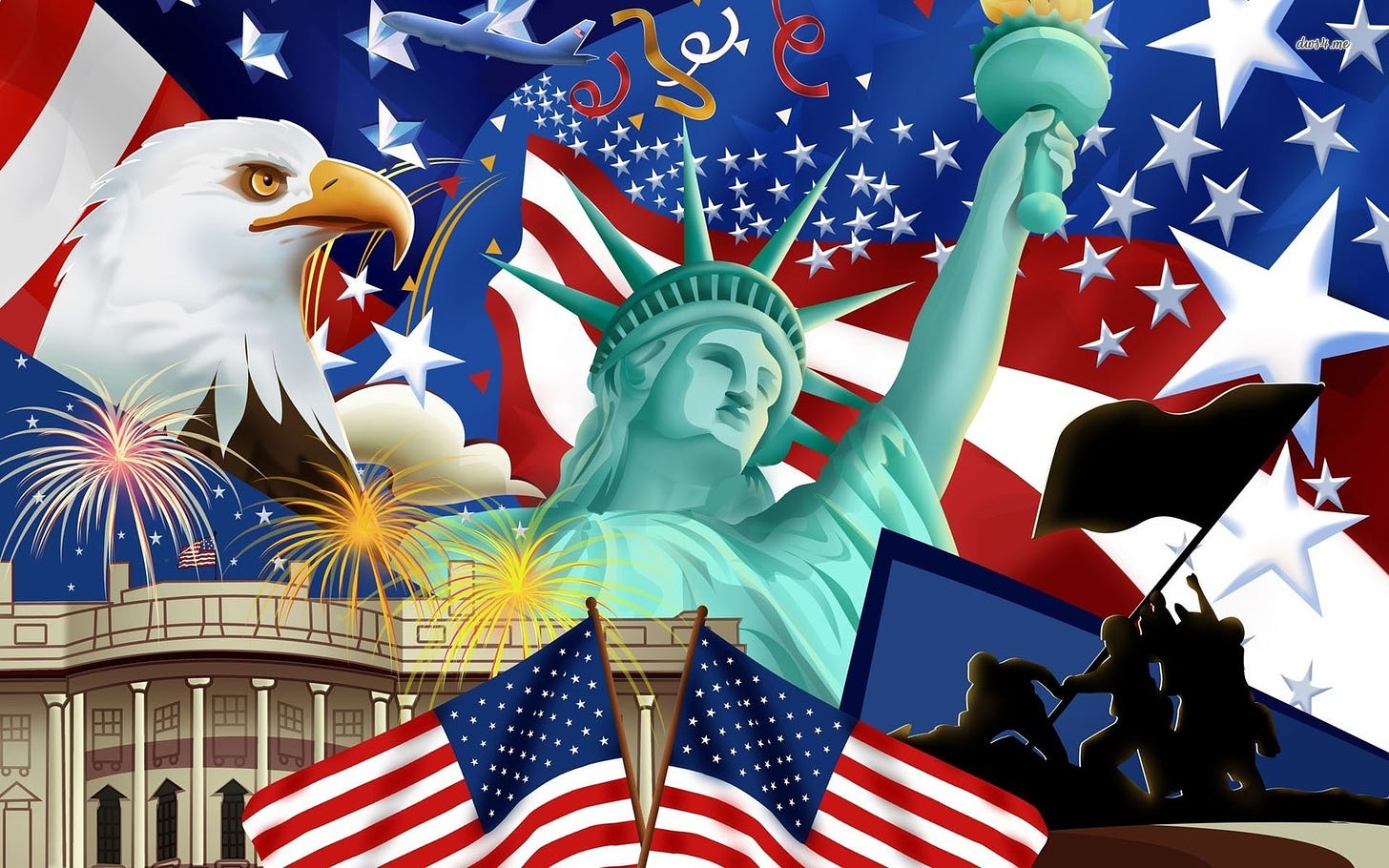My grandmother didn't like Halloween. She called it, "the devil's day". She said it had pagan roots and was a gateway to the occult. It celebrated evil, and look at how evil the world has become with all these people celebrating Halloween.
When I was young I didn’t think this was right, but it wasn’t until I was older that I understood the bigger lesson of which this was just one example.
There are associations one could make between Halloween and paganism/the occult, and those associations are valid, but they’re only associations. X and non-X are one “non” away from each other but they couldn’t be more different.
My grandma had a vague cluster of concepts in her head like Halloween, devil, occult, skeletons, candles, masks, satan, etc. but she couldn’t explain the mechanics of how those concepts lead to her conclusion. If I asked her why she believed as she did, she would use these concepts with a lot of Fnords in between them, but a logical progression from how modern people celebrate Halloween to the occult would be as fake as the children’s monster and princess costumes.
It’s easy to make connections, it’s hard to make arguments. If we give ourselves the leeway my grandma took to make connections we could make any holiday into celebrations of absurd values.
Celebrating Jesus or generosity for Christmas? No, you’re celebrating capital punishment or consumerism.
Celebrating love or romance for Valentines Day? No, you’re actually celebrating a massacre or a Paganism or capitalistic exploitation or lust.
Celebrating the story of Jesus’ resurrection or fertility or bunny rabbits and chocolate for Easter? No, you’re celebrating animal cruelty and the sugar industry.
Celebrating family or thankfulness or the settling of America for Thanksgiving? No, you’re actually celebrating gluttony or the mistreatment of natives.
Celebrating the abolition of slavery for Juneteenth? No, you’re celebrating how late slavery was abolished in America or how far we haven’t come in regard to racism or the death of 500,000 people in the civil war.
Celebrating gay pride? No, you’re celebrating stereotypes or the infantilization of gay people or Noah’s Ark (because rainbows and animal floats and sexuality).
There is literally no celebration that one can’t defile if you allow this guilt by association fallacy, but some of these examples feel more justified than others. I think that’s because you hear them a lot more within certain groups. In fact, “Halloween celebrates satan” is as logically as sound as “Christmas celebrates consumerism” or “gay pride celebrates stereotypes”, but they feel more or less justified depending on which peer group you’re in. When no peer group is saying it, it feels completely absurd. Yet, in terms of the argumentative structure one can and does make to connect these celebrations to absurd values, they’re all the same.
What is the argumentative structure? Typically it’s just a bunch of Fnords, but there’s one argument I hear all the time that is at least coherent. It’s the roots argument.
The argument goes like this: the true meaning of a celebration is at its historical root. If we can trace the modern celebration back to a problematic origin, then that’s its true meaning and we should not celebrate it.
The first thing to notice about this argument is how selectively it’s used. After all, the oldest use of the rainbow as a symbol is God’s covenant with Noah. You can believe that the story of Noah absolutely literally happened, but you should understand that this symbol doesn’t mean what it used to.
The problem with this argument is it doesn’t recognize how celebrations change and take on new meanings over time. If I could tell my grandmother why she’s wrong about Halloween, I’d say that despite the fact that the holiday may have roots she disapproves of, over time it’s been revised and neutered. She should treat that as a win. It’s not like always and forever October 31st can’t be anything other than the day witches sacrifice cats. Maybe don’t give your enemies eternal monopolies over days of the year.
What determines the meaning of holidays then? The people celebrating them do. Ultimately what's celebrated is what people think is celebrated. Meanings only exist in minds. Rituals like Halloween only mean what we intend them to mean. Full-stop. This applies to all holidays, and more generally to rituals, and even more generally to symbols.
If you haven’t figured it out yet, I apply the same rule to Independence day.
My evangelical grandmother and my 20-year-old niece are making the same argument. “Halloween celebrates satan” is like “Independence Day celebrates colonialism”. I’m sure there are a couple of super-weird people who actually do celebrate these things on these days, but the vast majority of them are actually celebrating something adjacent, but also different. In the case of Independence Day, or Canada Day, they’re celebrating nationalism.
I’m no fan of nationalism and I never have been, but I also understand that nationalism is different from colonialism. Nations have good parts and bad parts. One can set aside a day to celebrate a nation without even mentioning the bad parts in the same way one can celebrate a birthday without bringing up an affair from 10 years ago.
On this July 4th, if you don’t think you’re celebrating colonialism, then you’re not celebrating colonialism. You’re more likely to say something like, “I’m celebrating the birth of this great nation and independence from Britain,” and though I have my own feelings about that, colonialism is merely an adjacent issue others impose into your celebration.




No comments:
Post a Comment